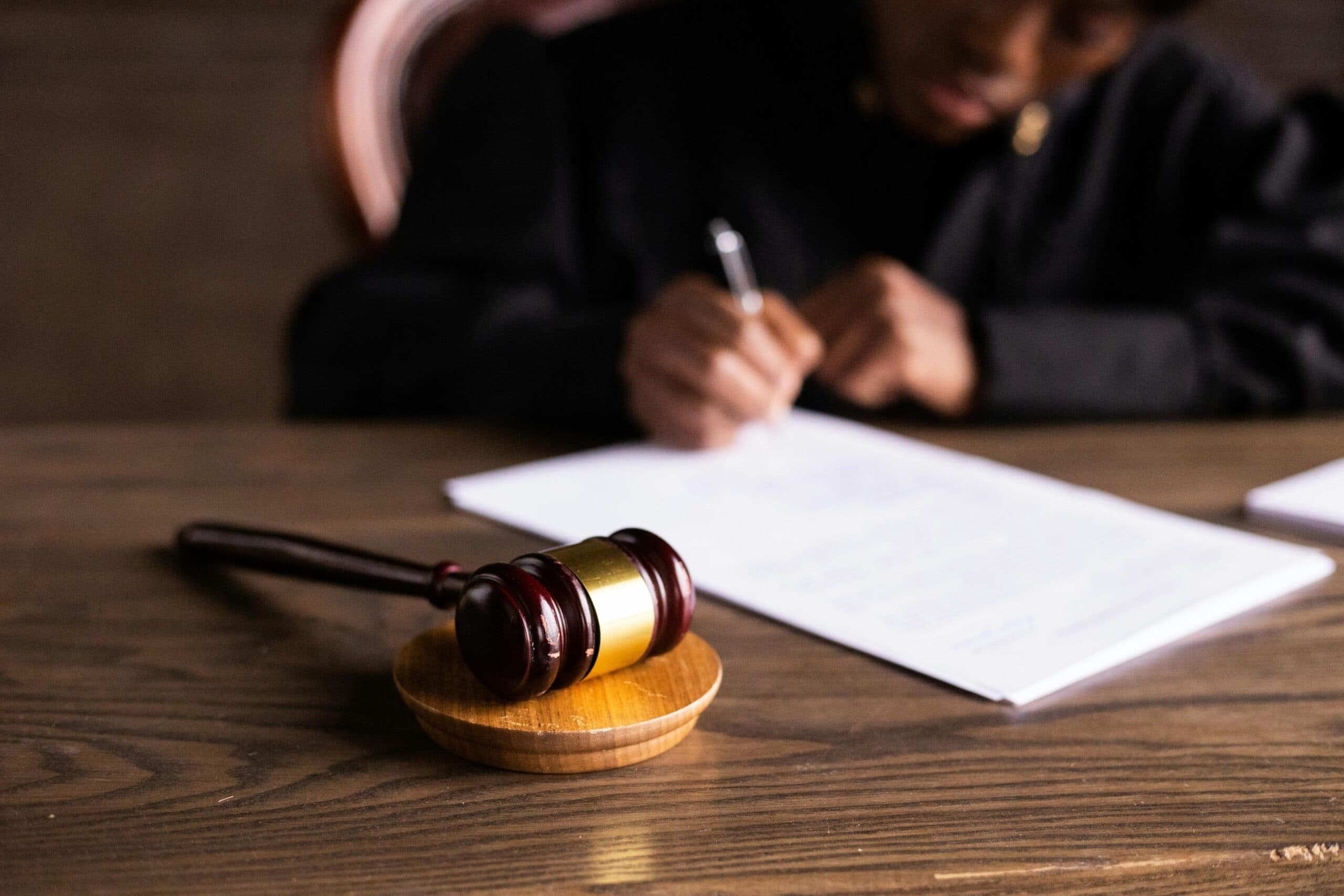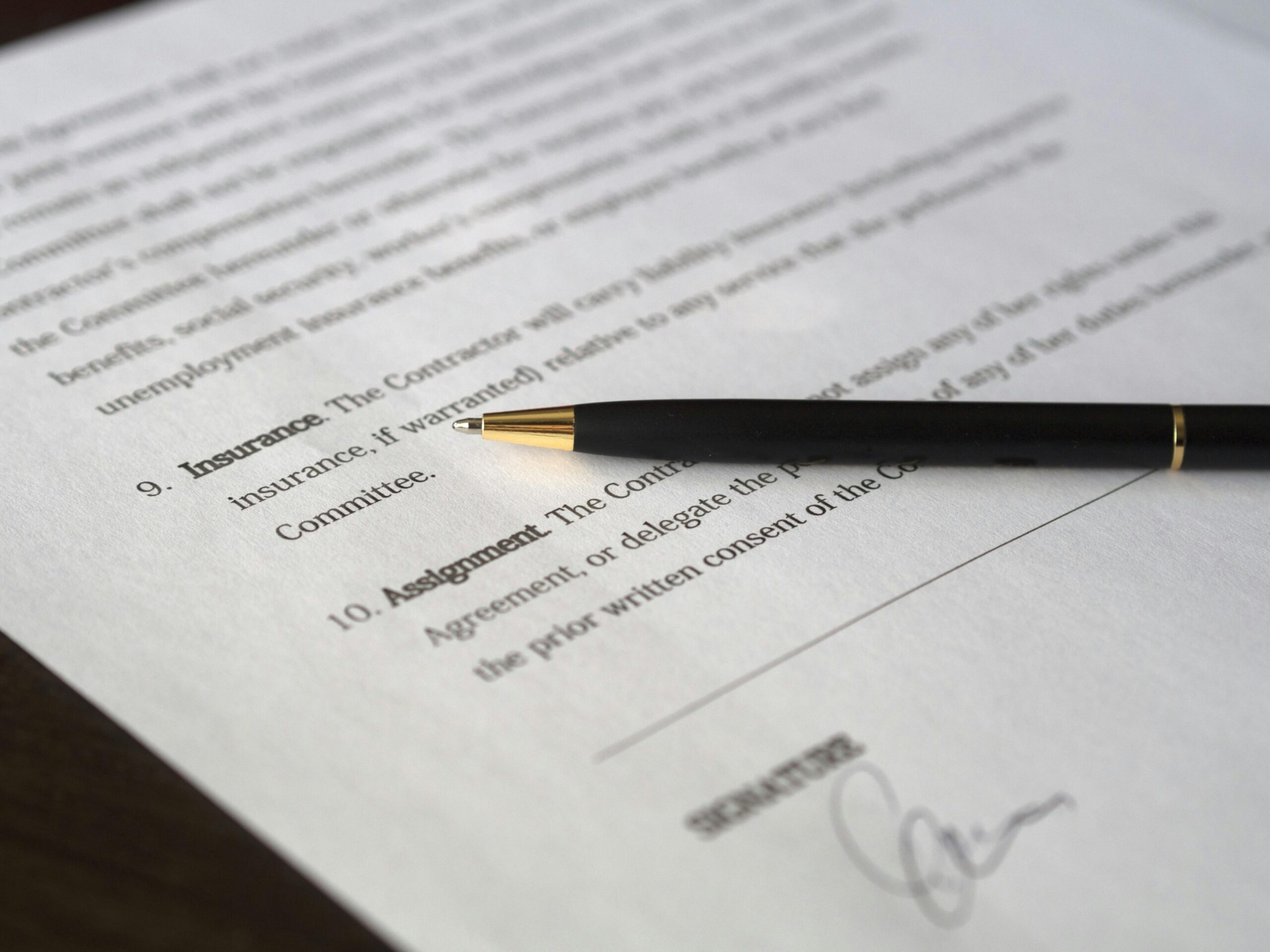
In today’s society, trust in the criminal justice system is paramount. However, this trust can be severely compromised when someone files a false police report. False accusations or false allegations can lead to unjust investigations, wrongful arrests, and significant emotional and financial distress for the accused.
So, what happens if someone tries to get you into legal trouble with a false statement? Can a district attorney help? More importantly, is this a criminal or civil case? What can be done about the prosecutor pressing criminal charges and making false accusations? Can a criminal defense attorney be helpful against false allegations?

Filing a False Police Report: Why It’s a Big Deal?
All these questions regarding the civil court proceedings can be fairly confusing in a criminal case, but we can help. We will help you against criminal and civil charges by educating you. This will help you prevent officials from making false accusations and making false police reports.
This article explores the complexities surrounding false police reports, the impact they have on innocent individuals, and the legal recourse available to those wrongfully accused.
What is a False Police Report?
A false police report is a misleading or untrue statement made to law enforcement officers with the intent to deceive. These reports can falsely accuse an innocent person of criminal activity, leading to unwarranted investigations and potential legal consequences for the accused.
False police reports can cover a wide range of accusations, including theft, assault, sexual assault, and other criminal offenses.

Common Crimes People are Falsely Accused Of
When it comes to false reporting, it can be regarding almost anything. Moreover, the defendant’s criminal record is also a key factor in cases like these. But false accusations can pertain to various types of crimes. Some of the most common include:
Theft:
Accusing someone of stealing money, property, or other valuables.
Assault:
Claiming someone has caused physical harm without justification.
Sexual Assault:
Making unfounded allegations of sexual misconduct or assault.
Drug Offenses:
Falsely reporting someone for possession, distribution, or use of illegal substances.
Domestic Violence:
Wrongly accusing someone of violence or abuse within a domestic setting.

Defending Yourself Against False Accusations of a Crime
Being falsely accused of a crime is a stressful and frightening experience. Here are the steps to take to defend yourself:
- Remain Calm: Panicking can lead to poor decision-making. Stay composed and focus on addressing the situation logically.
- Gather Evidence: Collect any documents, witness statements, or other evidence that can support your innocence.
- Seek Legal Counsel: Hiring an experienced attorney is crucial. They can guide you through the legal process and help build a strong defense.
- Avoid Confrontation: Do not contact the accuser or engage in any confrontational behavior, as this can complicate your case.
- Document Everything: Keep detailed records of all interactions and steps taken in response to the false accusations.

How to Prove Innocence Against Filing a False Report
Proving your innocence in the face of false accusations requires a strategic approach:
- Alibi: Provide evidence of your whereabouts at the time the alleged crime occurred.
- Witness Testimony: Secure statements from individuals who can vouch for your innocence.
- Physical Evidence: Present any physical evidence that contradicts the false claims.
- Expert Testimony: In some cases, expert witnesses can provide testimony that supports your defense.
What to Do When Someone Files a False Police Report Against You
If you find yourself the target of a false police report, take the following steps:
- Contact an Attorney: Immediately seek legal representation to navigate the complexities of your case.
- Report the False Accusation: Inform law enforcement that the report against you is false and provide any evidence to support your claim.
- Cooperate with Investigations: Be forthcoming with investigators, but only under the guidance of your attorney.
- Consider Civil Action: Explore the possibility of filing a civil lawsuit against the person who made the false accusations.
Can You Sue Someone for Filing a False Police Report?
Yes, you can sue someone for filing a false police report. This legal action falls under the category of a malicious prosecution lawsuit.
To succeed in such a lawsuit, you must prove that the false report was made with malicious intent and without probable cause. This can be a complex process, requiring substantial evidence and legal expertise.

When Can You Sue Someone for Filing a False Police Report?
You can pursue a lawsuit if:
- Malicious Intent: The accuser knowingly made false statements with the intent to cause harm.
- Lack of Probable Cause: There was no reasonable basis for the accusations.
- Damages: You suffered damages as a result of the false accusations, such as emotional distress, lost wages, or legal fees.
How Can You Sue Someone for Filing a False Police Report?
To sue someone for filing a false police report, follow these steps:
Consult an Attorney:
Obtain legal advice to assess the viability of your case.
Gather Evidence:
Collect evidence that demonstrates the false nature of the report and the damages you suffered.
File a Complaint:
Your attorney will help you file a legal complaint in the appropriate court.
Participate in Discovery:
Engage in the discovery process to gather additional evidence and build your case.
Proceed to Trial or Settlement:
Depending on the circumstances, your case may go to trial or be resolved through a settlement.
Potential Legal Consequences for Filing a False Police Report
Filing a false police report is a serious offense with significant legal consequences, including:
Criminal Charges:
The accuser may face charges for making false statements, perjury, or obstruction of justice.
Civil Liability:
The accuser can be sued for damages resulting from their false report.
Fines and Imprisonment:
Convictions for filing false reports can lead to fines, detention, imprisonment, or both.
What Are the Penalties for Filing a False Police Report?
The penalties for filing a false police report vary by jurisdiction but can include:
- Fines: Monetary penalties can range from hundreds to thousands of dollars.
- Imprisonment: Offenders may face jail time, typically ranging from a few months to several years, depending on the severity of the false report. In some cases, there can also be fake imprisonment, which is a bigger problem.
- Community Service: Courts may impose community service as part of the sentence.
- Probation: Offenders may be placed on probation, requiring regular check-ins with a probation officer and adherence to specific conditions.

Conclusion
Filing a false police report is not only morally wrong but also legally punishable. False accusations can wreak havoc on the lives of innocent individuals, leading to emotional distress, financial burdens, and tarnished reputations.
If you find yourself falsely accused, it is crucial to remain calm, seek legal counsel, and gather evidence to defend your innocence.
Remember, you have the right to seek justice through a malicious prosecution lawsuit. By understanding your legal options and working with an experienced attorney, you can hold those who make false accusations accountable and protect your rights.
Get Help Against Filing a False Police Report With BLG
If you need legal assistance or have been falsely accused of a crime, contact our Nevada-based law firm today. Our experienced attorneys at Bourassa Law Group are here to help you navigate the complexities of the legal system and ensure your rights are protected.




